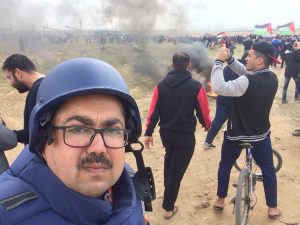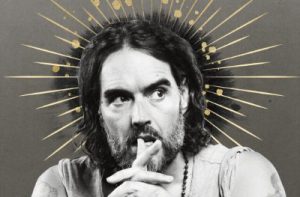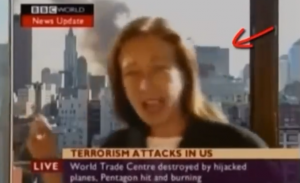Sri Lanka, in the midst of an ever-deepening economic
crisis, broke out in jubilation Saturday two days of fierce protests made
President Gotabayya Rajapaksa and Prime Minister Ranil Wickremainghe resign.
For months now, protestors in Sri Lanka have been crying ‘Go Gota Go’ and Gota
or Gotabayya Rajapaksa is finally gone.
The island nation has seen it all in the last several
months. Hunger, power cuts and a vastly compromised political establishment.
Sri Lanka is facing a crippling foreign exchange shortage. The country has
asked the International Monetary Fund (IMF) for a loan.
Even on Saturday’s jubilation, the island nation’s skies
remained overcast. UNICEF told the BBC that Sri Lanka is on the brink of an
economic crisis. Rajapaksa, who was ousted by protestors, had, during his
regime, made a major push for organic farming and taken loans from the Chinese government
and companies for infrastructure projects.
In such circumstances, President Rajapaksa’s resignation was
the central demand among a group of protestors as inflation reared its head, authorities
struggle to find fuel to sustain.
Rajapaksa, 73, the man who had the support of the massive Sinhala
Buddhist community, is now fleeing his official residence. In 2009, many in the
Sinhala Buddhist community led the military to crush the separatist Tamil Tigers
in 2009.
Once celebrated as war heroes, the Rajapaksa brothers faced
the ignominy of being overthrown by the same people who brought them to power.
Meanwhile, power cuts in Sri Lanka run late into sweltering
nights, stealing hours of sleep. In cities, fuel queues curl around metal
pythons, growing louder and fatty by the day. The cost of land, food, cooking
gas and even what electricity the state will allow one to purchase is limited.
Boats cannot go out to the sea due to a shortage of diesel. Bloodshed
is rampant. Children can subsist on a diet with almost no protein.






